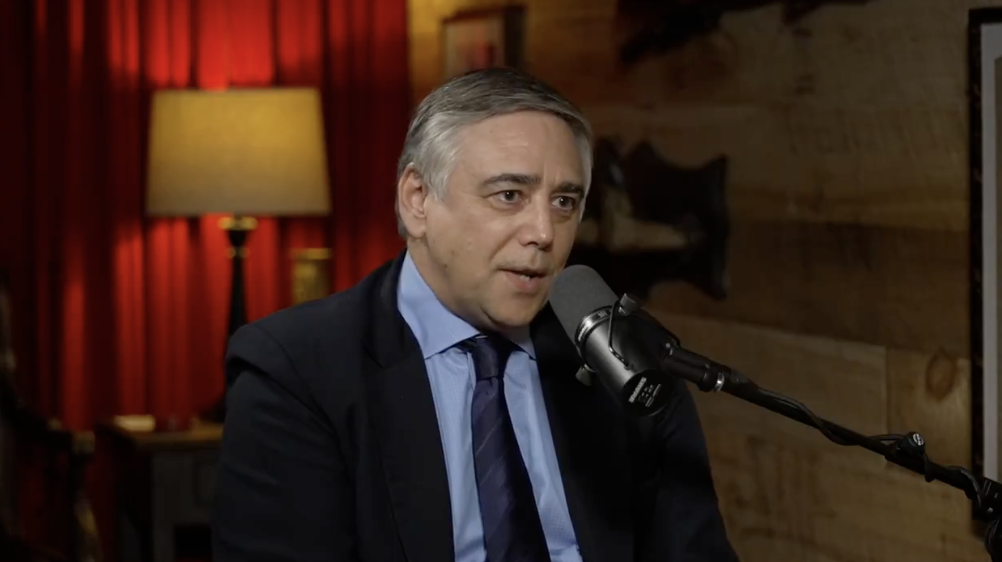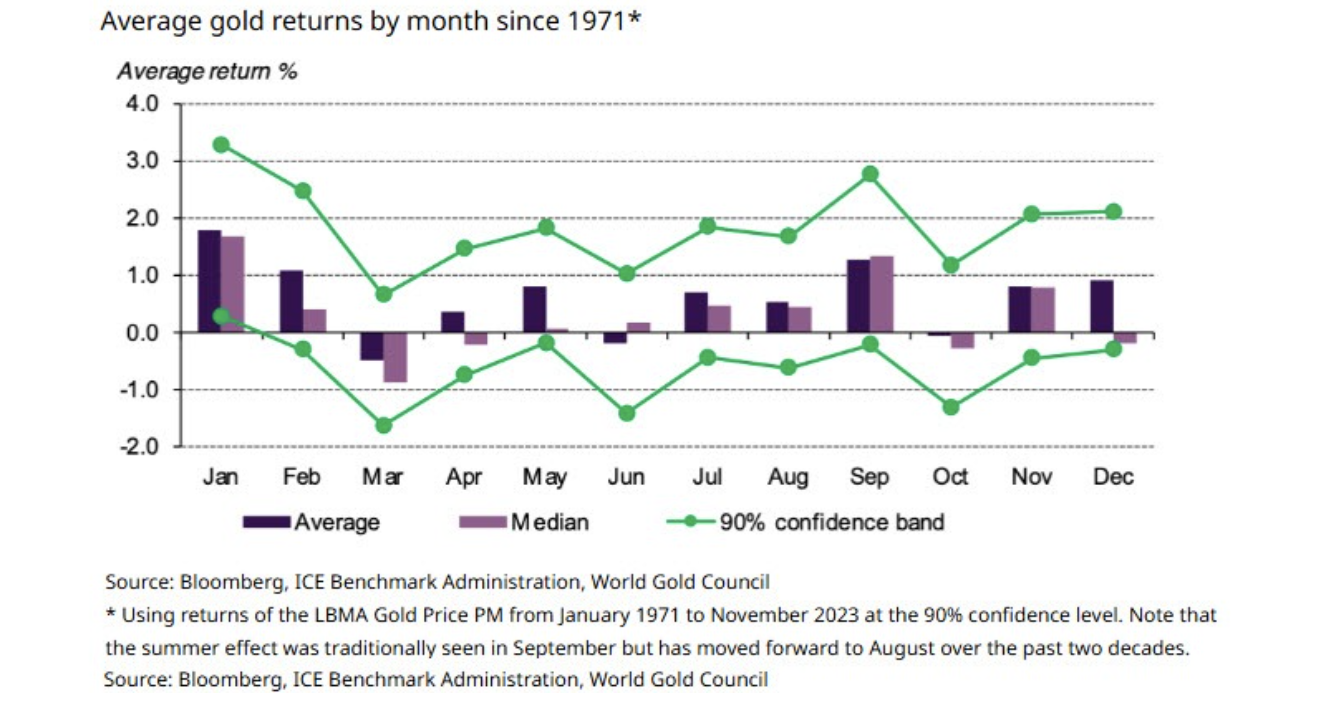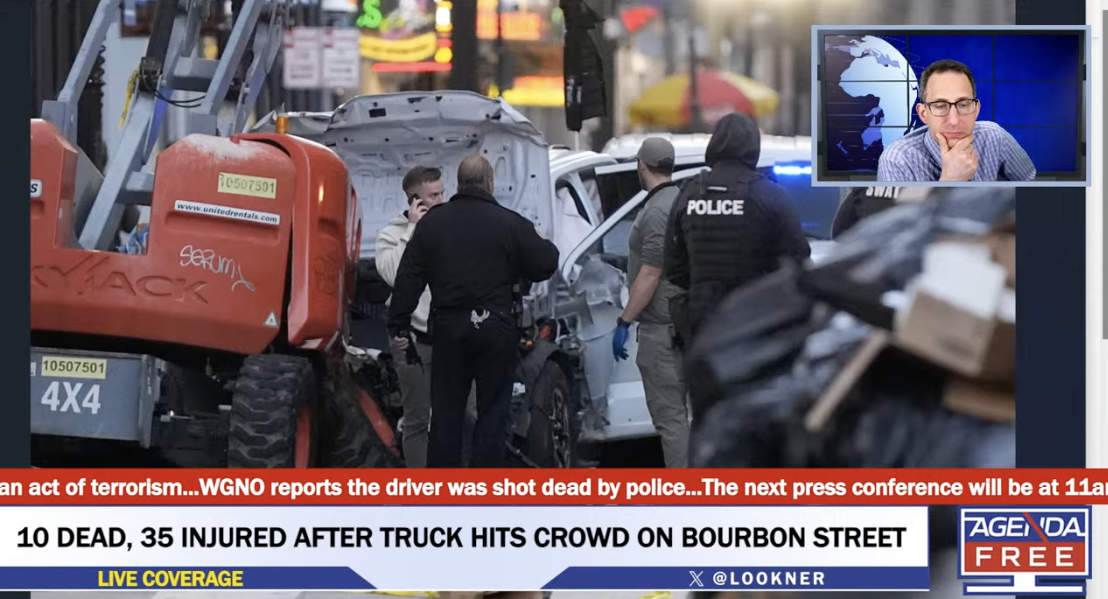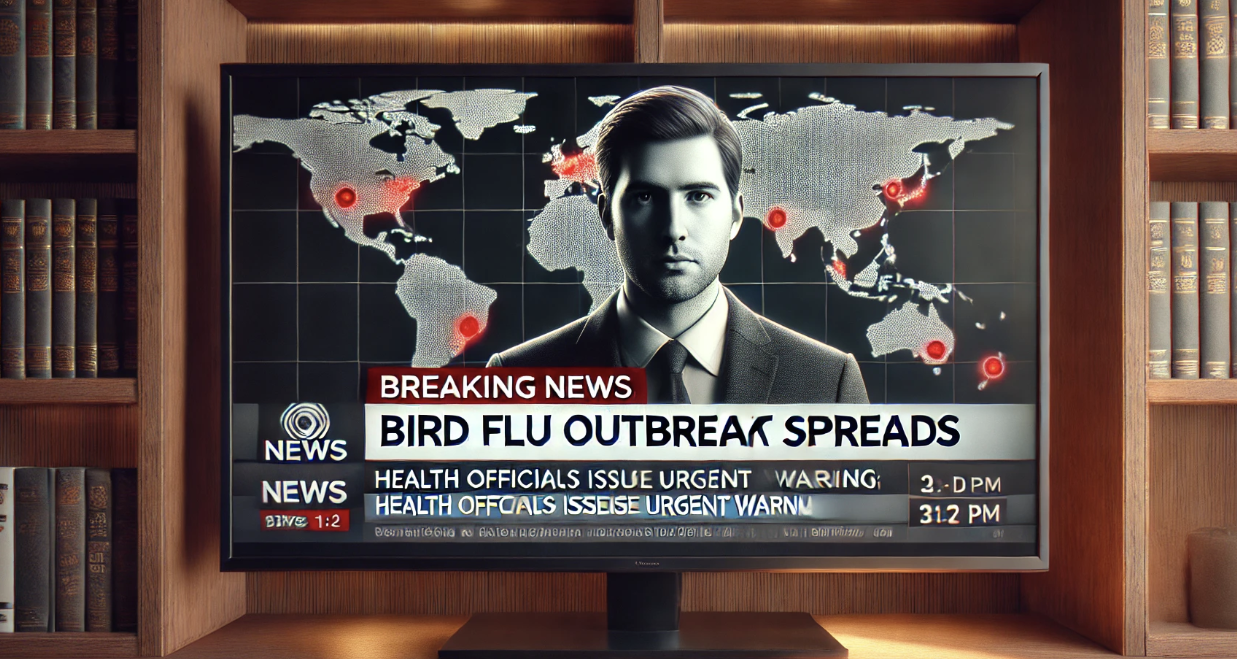
Please Follow us on Gab, Minds, Telegram, Rumble, GETTR, Truth Social, Twitter
Conversations around the world need to include the dark side of Artificial Intelligence (AI) and its effects on Internet sex crimes against children and take these discussions very serious. The trauma to children and families is real.
Recently, Illinois state legislators took up the mantle and discussed how their state law needed to mirror this coming onslaught of AI, as reported initially in the Chicago Tribune.
Lawmakers debated a measure prohibiting the use of AI technology to create child pornography, regardless of whether the images involved real children or fake images that evoked obscene imagery.
The measure, which ultimately passed through the House Judiciary Criminal Committee, was pushed by Illinois Attorney General Kwame Raoul.
Representative Jennifer Gong-Gershowitz, a Glenview Democrat, was its main sponsor.
‘NO AD’ subscription for CDM! Sign up here and support real investigative journalism and help save the republic!‘
Gong-Gershowitz claimed AI content is “quickly” reaching a point of being indiscernible from authentic images.
“The mass creation of AI-generated child pornography material will only make it more difficult for law enforcement to stop child trafficking,” Gong-Gershowitz stated. “Law enforcement will not only have to deal with the sheer volume of … content, but also identifying that the content depicts a real child or is the sole creation of AI. And while no real child may have been harmed at the AI-generated content, it normalizes abusive behavior, namely when it purports to depict sexual abuse of a child.”
David Haslett, Chief of the Illinois Attorney General’s office’s high-tech crimes bureau, testified that AI could make it more difficult for law enforcement to bring charges of child pornography because of confusion over whether images were real or computer-generated.
“How is the system going to deal with this when we cannot prove that it is a real child because it’s not?” Haslett asked. “We’re trying to be proactive about this so that when AI does become indistinguishable from a real product, that it does not flood the market and present this material being everywhere and then we can’t stop it.”
This discussion is not unlike what happened over 25 years ago when the Internet became an international portal for perverts. The Internet was initially flooded with recycled child pornography images and cybercrime law enforcement officials had to figure out if those images were recycled images or images of real victims in real time who had to be rescued.
Discerning what was history and real time images then was not law enforcement’s only hurdle. Allocating financial resources and upgrading technology were major issues because the volume only increased overtime.
Gong-Gershowitz’s introduced a measure that amended Illinois’ state child pornography law to include depictions of children under 18 “who by manipulation, creation, or modification, appears to be engaged in sexual activity.”
The amendment has defined an “obscene depiction” as a visual representation that includes an image, video, computer-generated image or video, “whether made, produced, or altered by electronic, mechanical, or other means.”
If a party receives or accesses such images that act could result in a prison term of up to five years for a first offense. Producing or reproducing such images could lead to a prison sentence of up to 15 years.
Alternatively, the American Civil Liberties Union of Illinois (ACLU) , as well as some progressive Illinois Democrats, expressed concerns that these penalties for computer-generated depictions of pornographic images involving children should not be put on the same level as images involving an identifiable human victim.
“The real objection here is that the penalties for that offense, for the depiction of a child that is not real, mirror, in many ways, the existing penalties for the offense of child pornography, which does involve those very real, very serious types of harm to real human beings who are victims,” said Ben Ruddell, Director of Criminal Justice Policy for the ACLU of Illinois. “And we don’t believe that that’s proportionate to punish one as though it’s just the same as the other.”
State Representative Will Guzzardi, a Chicago Democrat, raised the same concern as Ruddell.
“The severity of the punishment that we have in statute is appropriate for situations where there’s sexual harm done to a child, right? That’s why these sentences are very serious in our statute,” Guzzardi said. “And I think when a computer creates a picture of something very vulgar and upsetting, I don’t think that that causes the same degree of harm, societally or individually, as a photograph of a child being sexually abused.”
State Representative Kelly Cassidy, another Chicago Democrat, questioned the need for the law, saying she was confident law enforcement will continue to be able to distinguish actual images from those generated through AI.
“There are digital footprints in everything that we do and I believe that there would be an ability to distinguish the two,” Cassidy said.
Cassidy's statement clearly proves that she needs a briefing by law enforcement because she lacks the history to make an informed decision on this matter.
Nevertheless, AI-generated child pornography could easily lead to normalizing the sexual abuse of children and the decriminalization of pedophilia which is a real movement by the “Minor Attracted Persons” community.
Guzzardi and Cassidy both ended up voting for the Illinois bill, which passed by a 13-0 vote, though Cassidy said she was going to “reserve” her vote on the floor.
Following the hearing, Raoul raised the bar of urgency with his statement.
“Any and all child exploitation can be a devastating crime that leaves survivors and their families dealing with a lifetime of trauma,” Raoul said. “We must hold predators accountable so survivors can receive justice to support their healing.”

























All pornography should be illegal. It increases crime rates, ruins families, destroys the human intellect, and it is hand-in-glove with the human trafficking industry.